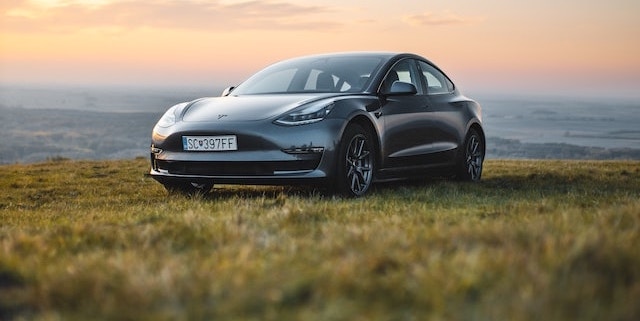We are all familiar with petrol cars: maintenance, fuel, pros and cons, and so on. But as the world shifts to greener means of transport, we know that sooner or later, electric cars will outpace and replace those powered by fossil fuels. They are gaining ground faster than thought. EVs are praised for being, apart from eco-friendly, cost-effective compared with their petrol counterparts because they don’t use oil or have too many mechanical pieces internally. However, while EVs certainly have their benefits, they also come with several downsides, including some hidden costs that few consider.
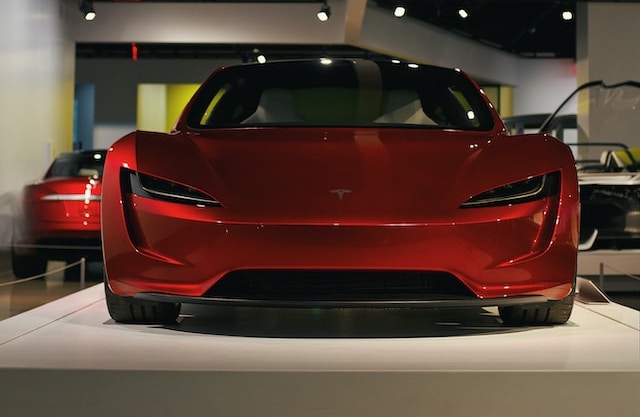
Today’s Focus of Attention is reader-supported. We sometimes include products we think are useful for our readers. If you buy through links on this page, we may earn a small commission.
Charging Outside Can Be Rather Costly
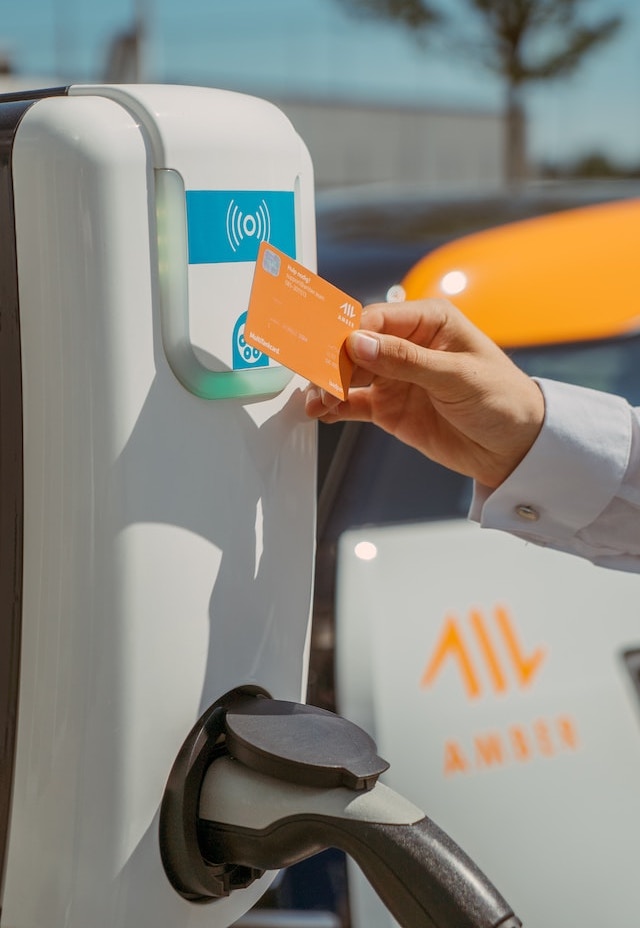
It is true that, at times, it may be less expensive than filling a tank with petrol, but it isn’t cheap. For instance, charging at a public level 3 charger can cost between $10 and $30, which is more than if you do it at home. And this rate varies based on the location of the charging station, the time, the type of charger, and the electricity rates.
Home Infrastructure
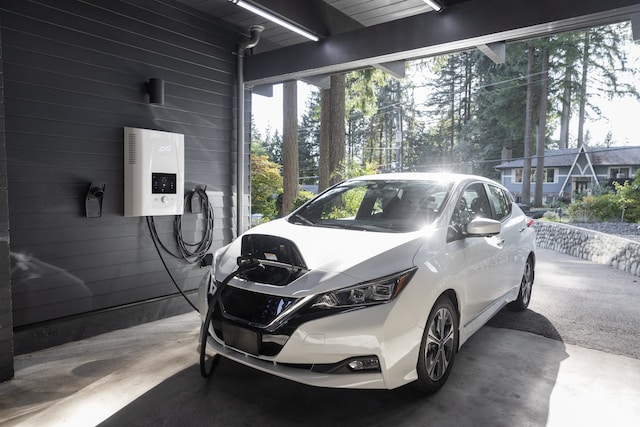
Charging at your own place will make your bill go up a little. No big deal. The issue is that it takes between 9 and 15 hours to recharge your car, depending on the vehicle and how depleted your battery is. The most significant expense arises when you want to reduce the charging time and upgrade to, let’s say, a ‘level 2 charger.’ It will power up your car much faster, but the price of this system is between $1,500 and $2,500.
Insurance Is Pricey
Compared with petrol cars, EVs have higher insurance fees. This is due to costlier parts and repair costs. For instance, the Tesla Model Y has an annual coverage cost of around $2,000, while the equivalent BMW X3 is about $1,700. Another example is the Tesla Model S, with roughly $3,600, whereas the BMW Series 7 740i is something like $3,000. There are some exceptions, of course, but in general, EVs’ insurance policies are higher.
Replacing the Battery is Exorbitant
This is the most expensive of all the hidden costs. Although the batteries come with lengthy warranties, replacing them costs anywhere from $5,000 to $20,000 – more if you have a luxury car. Those batteries have to be replaced once they reach their useful lifecycle and degrade. New technologies promise to reduce outlays and give longer ranges, but regardless, you must substitute the power pack.
Range And Efficiency Decrease Over Time
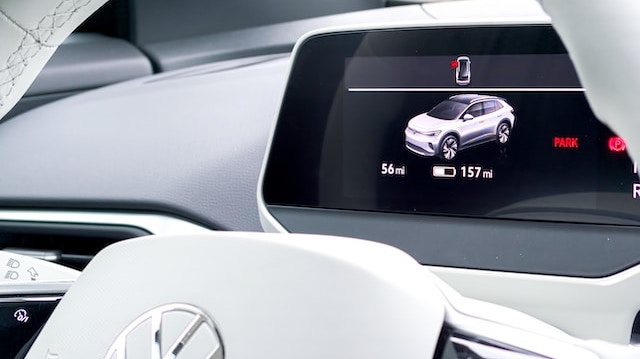
Batteries inevitably lose their ability to recharge well, limiting the distance an EV can travel on a single charge. This worsens in places with extreme temperatures, especially when it’s cold, as the battery has to work harder to keep up its performance. Battery degradation is a natural process, meaning that even in normal conditions, the EV range will gradually decrease. When this happens, you have to charge your unit more often or get a new one. The future looks promising for addressing these issues, but for now, they’re still a problem.
Finding A Specialist
You are driving your car when suddenly you notice an unusual noise. Like any other car, EVs have tyres, brakes, suspension, and other components that require maintenance and repair. But finding a mechanic who knows how to work on an electric vehicle can be a challenge, as they require specific knowledge and expertise.
Keep in mind that the cost of servicing an electric vehicle can be substantial. The complexity of an EV’s electronic systems needs special tools, which can increase repair costs. By taking your car to a mechanic with the right training and experience, you ensure that your vehicle receives the care it needs, but it’s essential to include these additional costs when considering the overall expenses associated with owning an EV.
Depreciation
Picture the excitement of driving your shiny new electric vehicle, proud of your contribution to the environment. However, the reality of depreciation sets in as the value of your investment steadily declines. Electric cars lose value just like any other vehicle, but battery degradation makes the situation even worse. Actually, some studies have found that electric vehicles depreciate twice as fast as regular cars. Your once-prized EV loses its financial appeal as its battery capacity diminishes and range decreases, making it less attractive to potential buyers when it’s time to sell or trade it in. This frequently overlooked cost significantly impacts the long-term financial viability of owning an EV.
EVs Are Initially More Expensive
You are eager to make the switch to an electric vehicle, but when you enter the car dealership, you face the stark reality of the price difference between EVs and their petrol or diesel counterparts.
As most people are aware, the higher price tag of battery-powered cars is one of the main barriers to their widespread adoption. Take the Hyundai Kona, for example. The petrol version is $22,500, while the electric model is $35,200. Similarly, the base price of a Ford F-150 is $40,900, but the F-150 Lighting is $54,700. These price differences cannot be overlooked, even for the most environmentally conscious buyer. Despite the gap is shrinking every year, it remains a significant consideration for potential EV owners.
